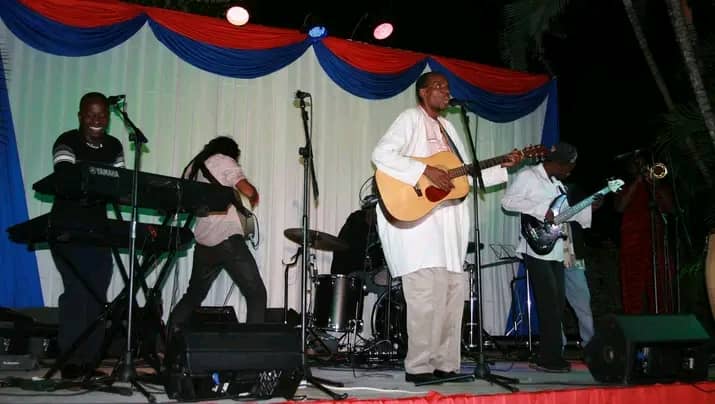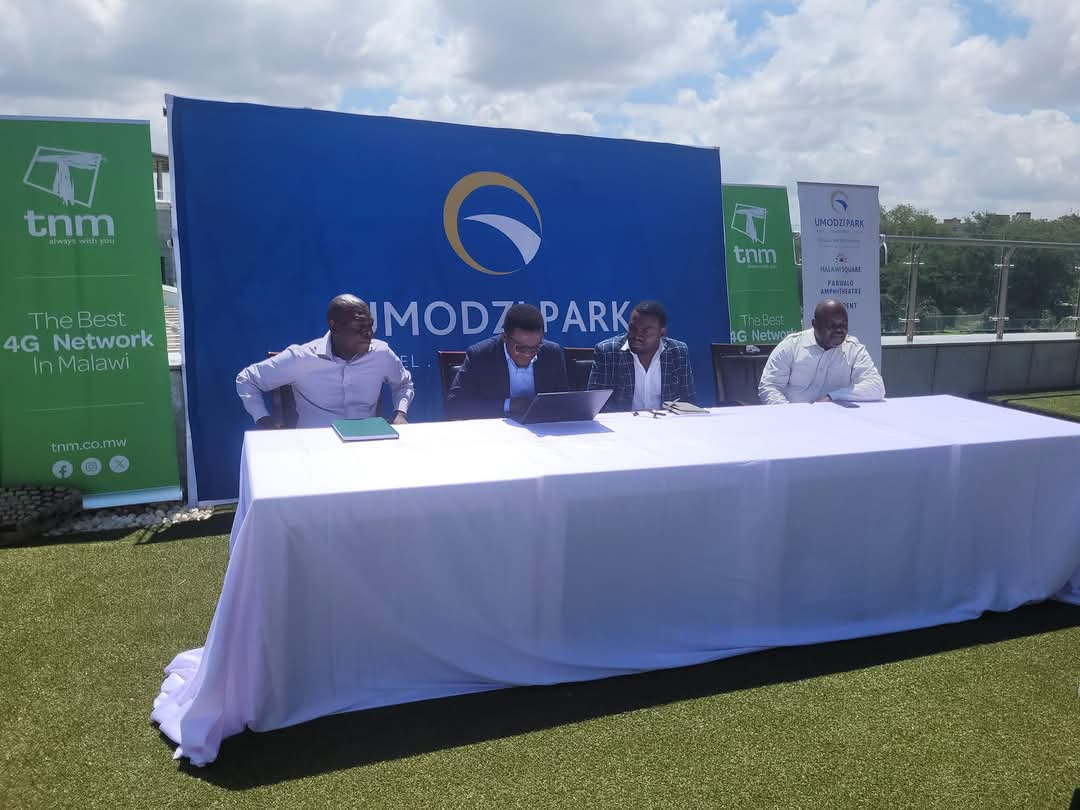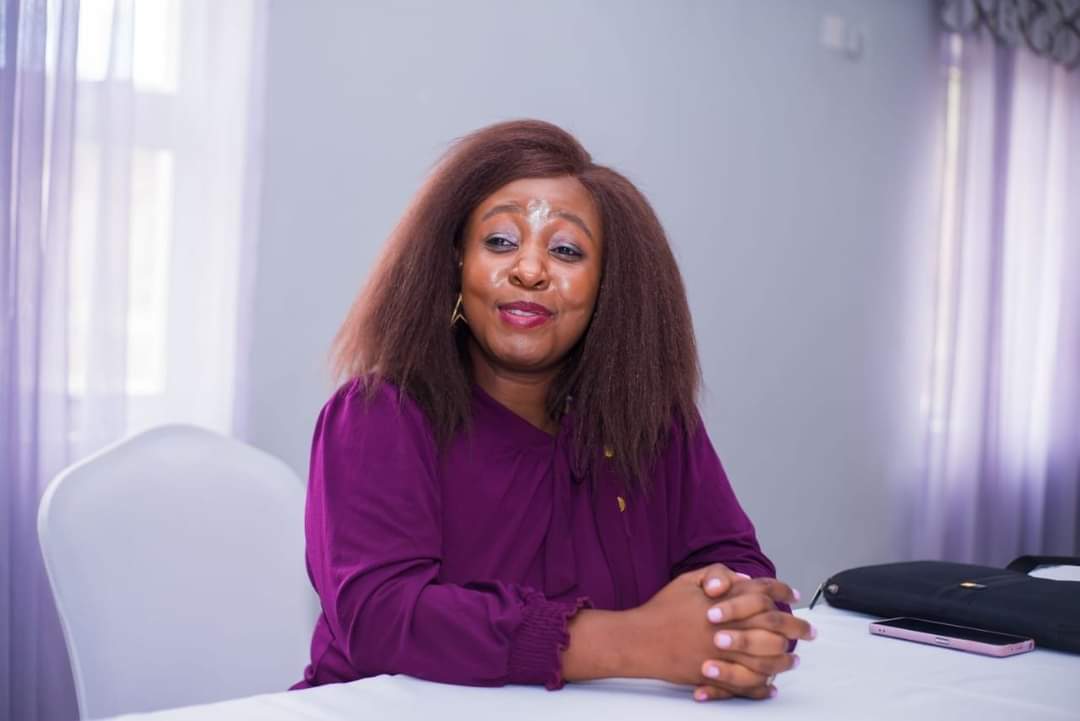Alliance française de Blantyre will present sounds of Malawi acoustic sessions on January 24 with Jimmy and Mbakaya band,to be hosted by Waliko Makhala. Twink Jones Gadama engaged Waliko in an exclusive interview.
Twink: What inspired the choice of Jimmy and Mbakaya Band for the debut show at the Sounds of Malawi Acoustic Sessions stage?
Waliko: Jimmy is an internationally acclaimed artist with an interesting music journey here at home and eventually in Namibia and South Africa where he released sold-out albums. This is his debut show with Mbakaya Band.
Twink: How do you respond to critics who might say that featuring an established artist like Jimmy doesn’t provide enough opportunities for up-and-coming musicians?
Waliko: We provide equitable space to both professional and upcoming artists as we need to inspire both to amplify our Sounds of Malawi.
Twink: What specific efforts are being made to ensure that the Sounds of Malawi Acoustic Sessions stage showcases a diverse range of Malawian talent?
Waliko: We always conduct research into our local music scene and emphasize identifying talent. We encourage artists to play music based on diverse cultural heritage.
Twink: How does the Alliance Française de Blantyre benefit from hosting this event, and what’s the expected turnout?
Waliko: It’s mutual cultural benefits that are paramount in this regard. We are offering exposure to the global world of our local talents on this space.
Twink: What’s the selection criteria for future performers on the Sounds of Malawi Acoustic Sessions stage?
Waliko: We need artists who can advance our music agenda of promoting indigenous and authentic sounds of Malawi.
Twink: How does Jimmy’s Afro-fusion jazz and Malawian folk music align with the overall vision of the Sounds of Malawi Acoustic Sessions?
Waliko: Jimmy and Mbakaya Band continue to explore our music heritage and are innovative.
Twink: What role does Mbakaya Band play in promoting Malawian sounds, and how do they plan to explore these sounds further?
Waliko: The band would best answer this question in its context.
Twink: What’s the long-term plan for the Sounds of Malawi Acoustic Sessions stage, and how does it fit into the broader cultural landscape of Malawi?
Waliko: The long-term plan is to establish a musical movement in Malawi, which will be a legacy of our cultural heritage with patriotic artists and self-sustainable music programs.
Twink: How does the event organizer plan to engage with the local community and ensure that the event is accessible to a wide range of audiences?
Waliko: We plan to engage with the local community through various outreach programs, social media campaigns, and partnerships with local arts organizations. We will also ensure that the event is accessible to a wide range of audiences by offering affordable ticket prices, providing accommodations for people with disabilities, and promoting the event through various channels to reach diverse audiences. Additionally, we will work closely with local schools, community groups, and cultural institutions to promote the event and encourage participation from underrepresented groups.
Twink: What’s the biggest challenge facing the Malawian music industry right now, and how does the Sounds of Malawi Acoustic Sessions stage aim to address it?
Waliko: Lots of challenges face the music industry. First, we need to create a creative industries sector. This sector should be visible through the establishment of Nahec. Once this is fully operationalized, we need to have investment in infrastructure, capacity-building training of our musicians, and all artists. Proper professional engagement with international record and tour companies. Innovative use of digital marketing and social platforms. And lastly but not least, is to instill a sense of patriotism in our artists to value our cultural heritage and go back to the roots as opposed to taking pride in foreign music genres.




